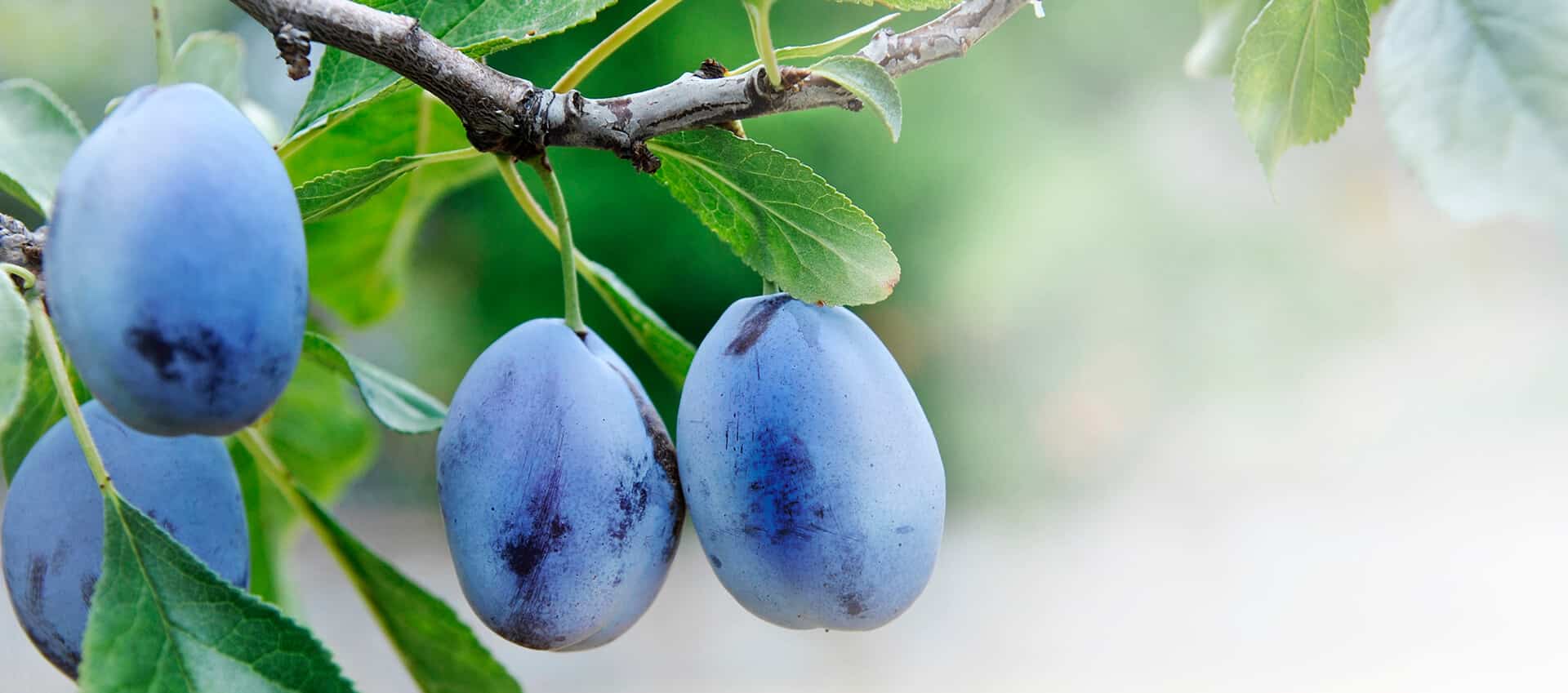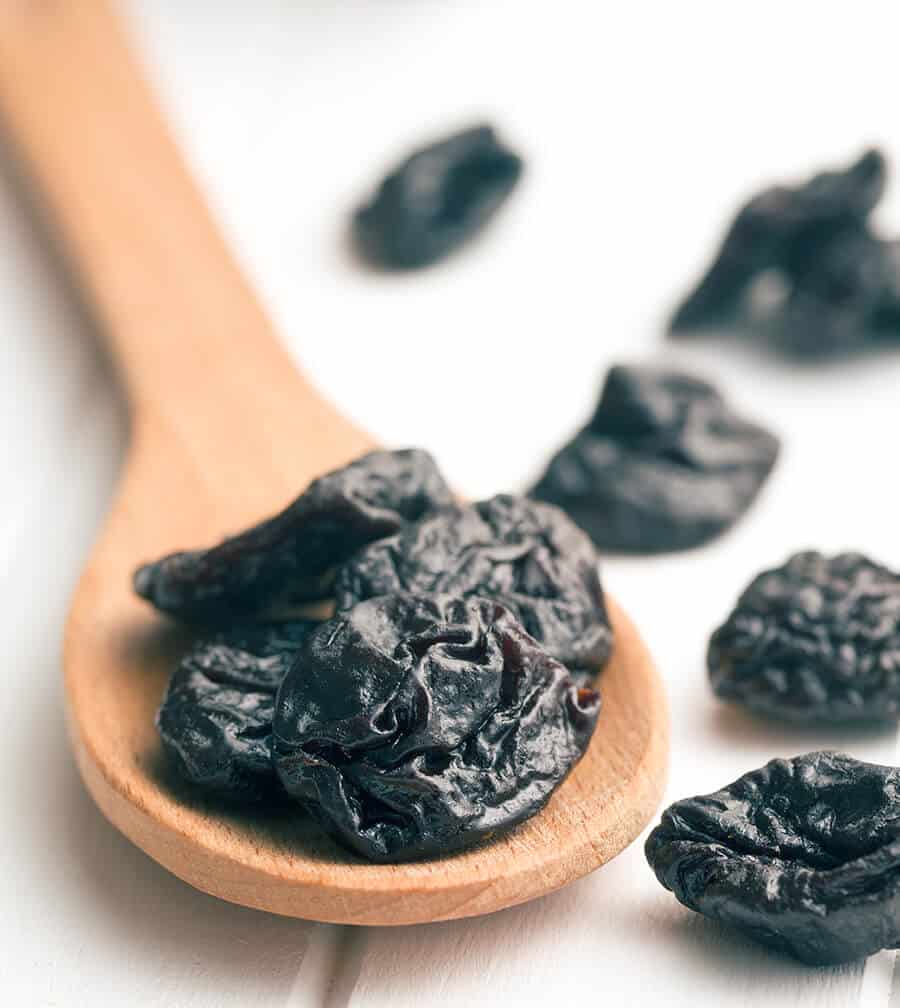Plum
Osmotic drying can help to preserve the flavor and texture of plums, making them a good choice for use in a variety of applications such as snacking, baking, and adding to cereals or smoothies.
Osmotically dried plums
Plums have great health benefits due to their high content of antioxidants and phenolic compounds. The most important phenolic compounds in plums are caffeic acid and its derivatives. The content of phenolic acid in plums is higher than grapes, kiwi, apples, pears, melons, bananas, while in dried form it shows an antioxidant capacity higher than black currants, blueberries, strawberries, etc.

If we summarize some of the health benefits of consuming plums, it would look like this:

- Plums regulate the functioning of the digestive system and thus prevent constipation due to the presence of dietary fiber, sorbitol and isatin.
- Vitamin C from plums helps the body defend itself against infectious agents and cleanses the body.
- Plums have a moderate content of vitamin A and beta carotene. Vitamin A protects against lung and oral cancer.
- They are a rich source of potassium, fluoride and iron. Potassium, as an important component of cells and body fluids, helps control pulse and blood pressure.
- In addition, plums are moderate sources of B-complex vitamins such as niacin, vitamin B-6, and pantothenic acid, and these vitamins help the body metabolize proteins, carbohydrates, and fats.
- Plums also provide about 5% of the RDA level of vitamin K. Vitamin K is important for blood clotting as well as bones and helps reduce Alzheimer’s disease in the elderly.
- Consumption of plums prevents the occurrence of macular degeneration, heart disease and damage to neurons and fat, which is a constituent part of the cell membrane.